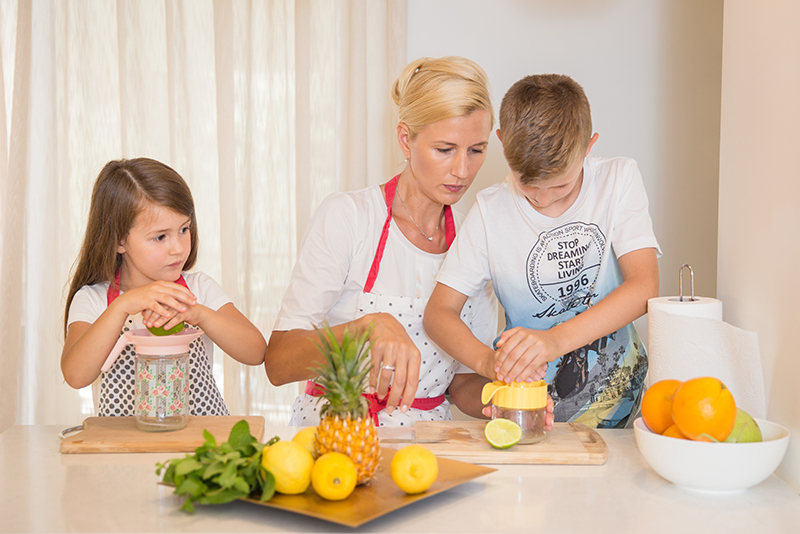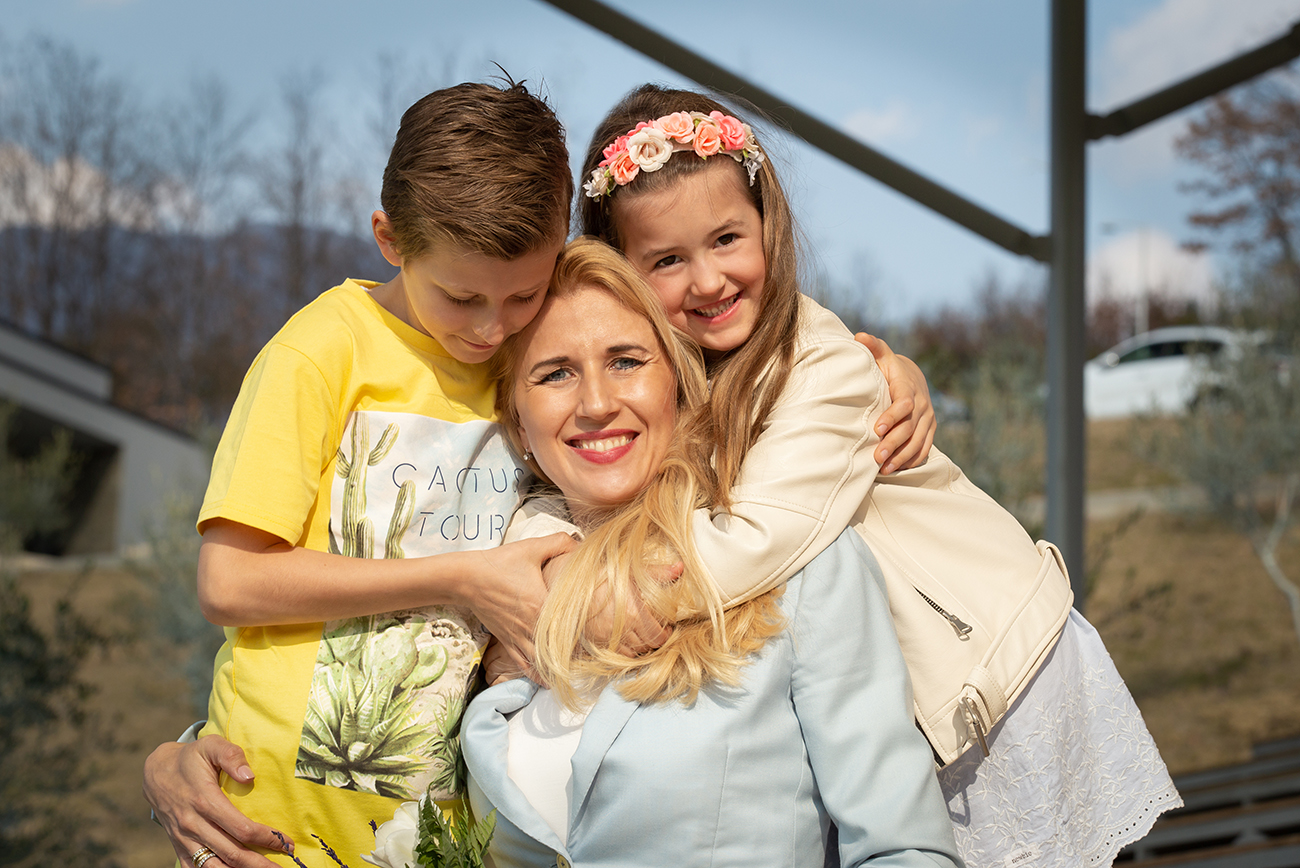Stop Telling Kids to ‘Do What You’re Told!’
Do you want to be told what to do? I haven’t found a single person who likes it. Whether you’re 4 or 40, it’s generally not a favorite.
Do you want to be told what to do? I haven’t found a single person who likes it. Whether you’re 4 or 40, it’s generally not a favorite. I know you still need your kids to follow directions, I really do. But the old ways of getting kids to do what they’re told are rooted in fear and shame: demand, command, spank, yell, use time-out, take away privileges and impose other consequences.

Despite many cultural shifts, we have not come very far from wanting children to be seen and not heard. People mainly approach parenting from a perspective of wanting to control children’s behavior and avoid their emotional outbursts. The aforementioned cadre of coercive and authority-based approaches are used because folks have forgotten (or simply don’t know) two things:
- Children are immature humans who are doing the very best job they can to manage their behavior, emotions and whole selves given their developmental stage. Loud, messy feelings are totally normal.
- Children’s development and emotional growth unfolds in a fairly predictable manner. Many undesirable behaviors will cease all on their own if parents can stay unruffled by strong feelings and enforce safety in a dispassionate manner, acknowledge a child’s experience while staying emotionally connected with them and offer calm guidance.
The fear-based authority model of parenting is not good for humans.
A few tips for a new approach to guiding kid’s behavior:
- VIEW your child as a whole, competent human — even in infancy. Talk to them with respect and treat them with dignity.
- CONNECT with them authentically on a daily basis. Children cannot survive on their own and they know it, so even a little disconnection from a parent can feel like a threatening emergency which fuels “bad” behavior.
- REFLECT feelings to a child while intervening to STOP unsafe behavior. Say: “I can’t let you hit your sister, even when you feel really mad.”
- TEACH through example. Humans are social creatures and children will eventually follow your example most of the time (Ironically, even if you don’t want them too!).
If we want to raise loving, kind, compassionate, helpful, respectful, human beings who can exhibit self-control and emotional regulation, well then, that’s exactly who we have to be.

Good luck and worm regards,
Joanna
Based on the text from: huffingtonpost.com



1 Comment
Alicja
Hello!- fajny artykul,ciekawy temat….tylko.ze to raczej teoria….
W praktyce to niestety tak sie nie udaje zapanowac zawsze (glownie) nad swoim zacho
waniem?
Przez to automatyczne tlumaczenie to bardzo ciezko mozna skupic sie na wlasciwej tresci-bo niektore sformuowania sa przedziwne …
Buziaki Skarbie?